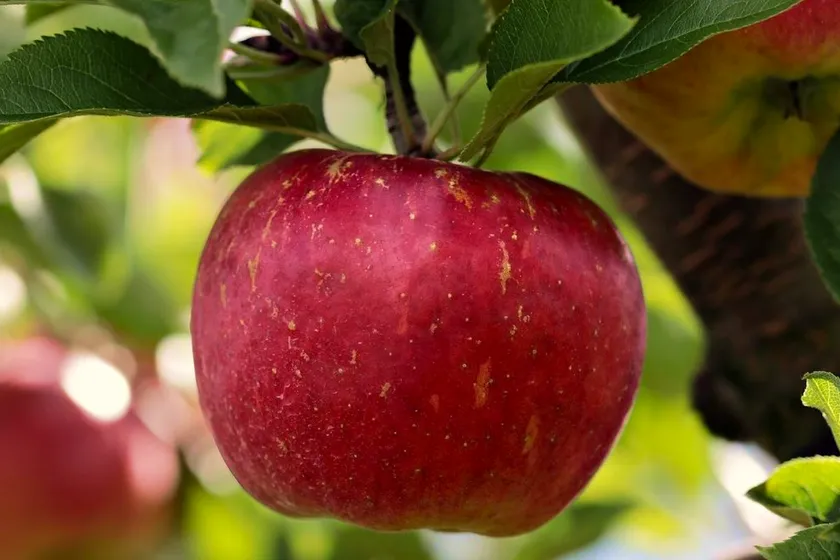Almaty–already branded as the ‘father of apples’–can safely lay claim to being the birthplace of the ancestor of domestic apples, Malus sierversii. Scientists traced back its roots to the Tian Shan mountain range, where dense and unevenly spaced apple trees bore seeds to what will become the most ubiquitous fruit in today’s market.
Apples have become so commonplace that not many outside of Kazakhstan know where they came from or have stopped to ponder on the matter. This, however, may soon change.
During his work visit to Almaty on October 19, President Tokayev spoke on turning the apples that grow around the region into a national brand that can be recognized around the world.
Turning the fruit into a national brand suggests raising its value as part of Kazakh heritage and, subsequently, tightening the policies on its protection.
A few decades ago, a person walking in the center of Almaty could smell the sweet aroma of the apple orchards located on the outskirts of the once-capital city. Long-time residents describe what sounds like a fairytale: acres upon acres of wild apple trees with their branches bending into a bow from fruits that would grow to the size of a human head.
Now, the image is slowly fading into a distant memory as the region is plagued with ecological problems that contribute to the rapidly declining number of apple trees.
According to Eurasianet, which cited a study in the journal Diversity, over 70% of the habitat of Malus sieversii has been lost since the end of the Soviet Union. The wild apples are included in the red lists of endangered trees published by Kazakhstan as well as Kyrgyzstan and China.
Environmental activists, with the support of the government, voiced their concerns and have offered ‘green projects’ to curb the issue by creating special eco-parks and planting more trees on the premises. In all of those cases, the aim of the projects echoes the historical value of preserving wild apples.
Interestingly, the idea behind the national brand is not purely cultural.
"The Almaty region is famous for other horticultural crops along with its apples. If we focus on this direction, the region will provide the entirety of Kazakhstan [with the crops] and even become an exporter, " said Tokayev in a public speech.
In August, a large storage facility with a 2,000-ton capacity started its operation in the Enbekshikazakh district of Almaty in order to store Almaty apples before selling them for export. The company that owns the facility, Arnau Agro, also planted orchards on an area of more than 70 hectares with a drip irrigation system and a water basin.
Arnau Agro mainly supplies fruits to Kazakh consumers through a network of supermarkets. Besides Kazakhstan, the apples are sold to Russia, though the owners say they have plans to expand the export potential.
“I have instructed to develop a food belt around the city, which is in progress,” Tokayev added. “The success of the project will contribute to the dynamic development of agriculture.”










